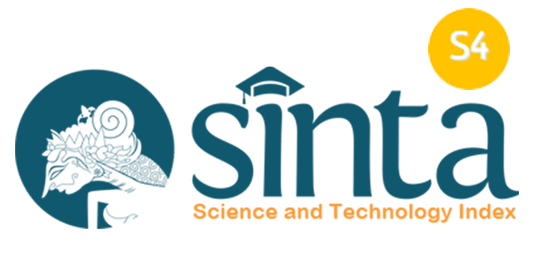Determinants of Financial Management Behavior on Students of Bahrul Ulum Tambakberas Jombang Islamic Boarding School
Abstract
The objective of this research is aimed at the impact of financial literacy, financial self-efficacy, locus of control, spiritual intelligence, parental income, and peers influenceto financial management behavior on studentsofBahrul UlumTambakberasJombang Islamic Boarding School. Based on the results of the study conducted by the authorsin previous research, the use of santri (students) as a research object issomething that is still rarely done by other researchers, especially research on the topic of financial behavior at Bahrul Ulum Tambakberas Jombang Islamic Boarding School. This study uses a quantitative approach, where data is collected from three hundred and ninety respondents through the distribution of questionnaires. The population in this study is the students of the Bahrul Ulum Tambakberas Jombang Islamic Boarding School, then the number of research sample needs is determined using the Slovin formula which gives the result of a minimum number of research samples of three hundred and ninety samples. Respondents in the study were determined using a purposive sampling technique with the following criteria, first,the students must be over fifteen years old,second,students must be fromhigh school/MA education, andthe lasttheir income relies on theincome from parents. The acquired data was examined by usingthe Structural Equation Modelling-Partial Least Square (SEM-PLS) analysis technique. The study's findings show thatspirituality and financial self-efficacy both positively affect financial management behavior. Meanwhile, there is a negative impact from the parental income on financial management behavior. Financial management behavior is not affected by peer influence, locus of control, and financial literacy.
Downloads

This work is licensed under a Creative Commons Attribution-NonCommercial 4.0 International License.


 No. ISSN:
No. ISSN: 









